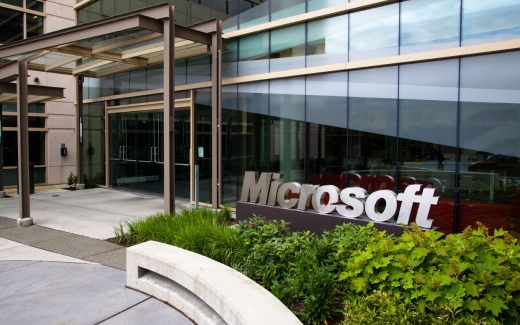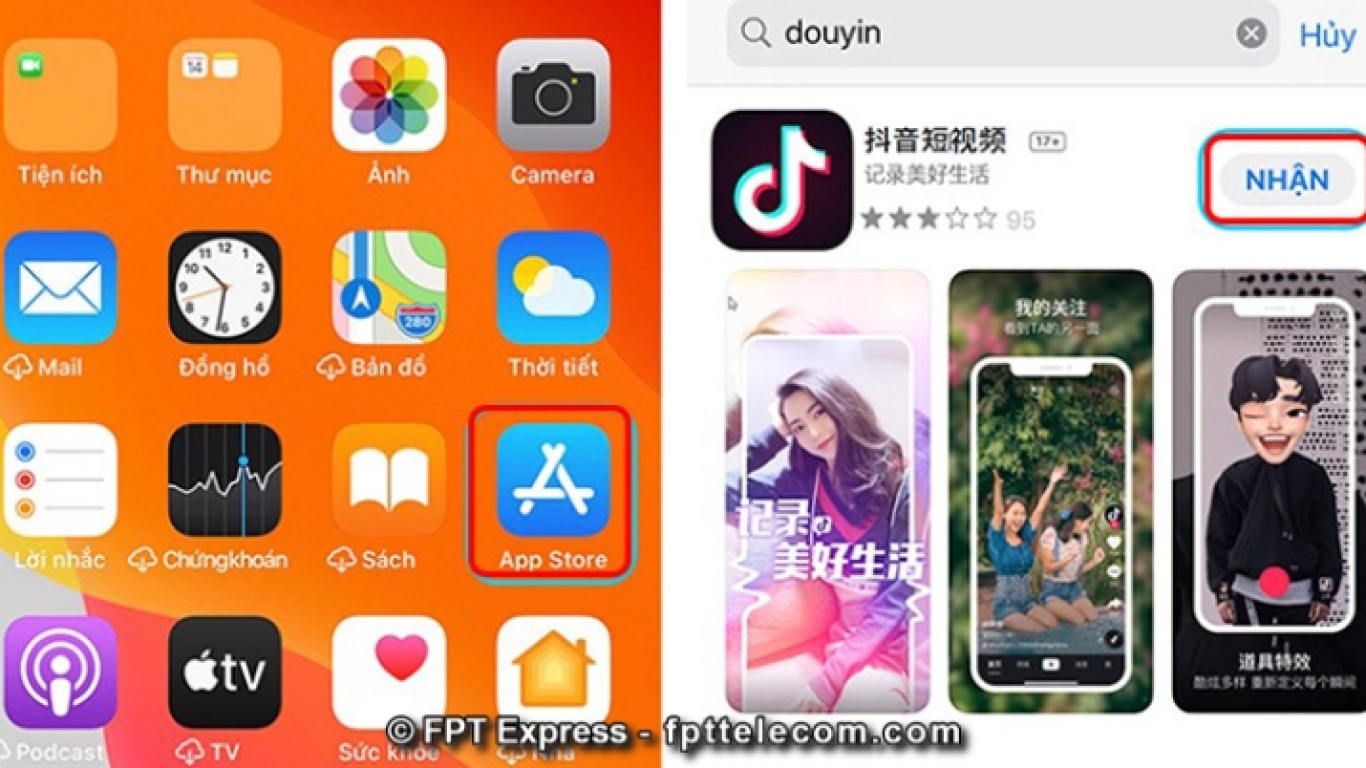The discussions about breaking Microsoft Corp. (NASDAQ: MSFT) into two companies have gone on for years. As Satya Nadella moves into his role as the giant software company’s third chief executive officer, the issue can begin to be seriously considered again. Microsoft is already two companies. Investors and Microsoft management would benefit if each of them operated as an individual public corporation.
The two businesses are of almost exactly equal size. The one that serves consumers, the Devices and Consumer division, had revenue of $11.9 billion last quarter, out of a corporate total of $24.5 billion. The division that serves business and enterprises, named the Commercial unit, had revenue of $12.7 billion
The Devices and Consumer unit derives most of its revenue from Windows and hardware devices, which include the Xbox. Microsoft’s description:
Our D&C segments develop, market, and support products and services designed to entertain and connect people, increase personal productivity, help people simplify tasks and make more informed decisions online, and help advertisers connect with audiences.
The Devices and Consumer unit had operating revenue of $2.6 billion last quarter, which was down from $3.6 billion in the same quarter a year earlier.
Microsoft’s description of its Commercial unit:
Our Commercial segments develop, market, and support software and services designed to increase individual, team, and organizational productivity and efficiency, including simplifying everyday tasks through seamless operations across the user’s hardware and software.
Among the most important products of the Commercial operations are Office, the company’s server business and its cloud business, the success of which has been attributed to Nadella. Given this success, it is no accident that he has become the new CEO.
The Commercial unit had an operating income of $6.3 billion last quarter, up from $5.7 billion in the same period last year.
Windows and the Xbox should be considered as part of the last generation of technology. Operating systems, primarily Google Inc.’s (NASDAQ: GOOG) Android, have begun to erode the Windows franchise. Xbox is part of an aging category that includes other game consoles and the set-tops deployed by cable and satellite TV companies.
Microsoft has pressed the case that much of its future is in the cloud. Its server segment serves this model, as does Office. They are, taken together, part of the same line of products. There is stiff competition in some of these businesses. Amazon.com Inc. (NASDAQ: AMZN) is often described as the largest commercial cloud provider in the world. However, with Microsoft’s Office and server deployment, it has leverage with customers that should make it extremely competitive.
Both of the new companies would be very well funded. Microsoft has $85 billion on its balance sheet. But each company addresses different franchises and has radically different prospects. The two businesses have little in common and cannot feed off the others’ success. It is time Microsoft admitted that.
100 Million Americans Are Missing This Crucial Retirement Tool
The thought of burdening your family with a financial disaster is most Americans’ nightmare. However, recent studies show that over 100 million Americans still don’t have proper life insurance in the event they pass away.
Life insurance can bring peace of mind – ensuring your loved ones are safeguarded against unforeseen expenses and debts. With premiums often lower than expected and a variety of plans tailored to different life stages and health conditions, securing a policy is more accessible than ever.
A quick, no-obligation quote can provide valuable insight into what’s available and what might best suit your family’s needs. Life insurance is a simple step you can take today to help secure peace of mind for your loved ones tomorrow.
Click here to learn how to get a quote in just a few minutes.
Thank you for reading! Have some feedback for us?
Contact the 24/7 Wall St. editorial team.




